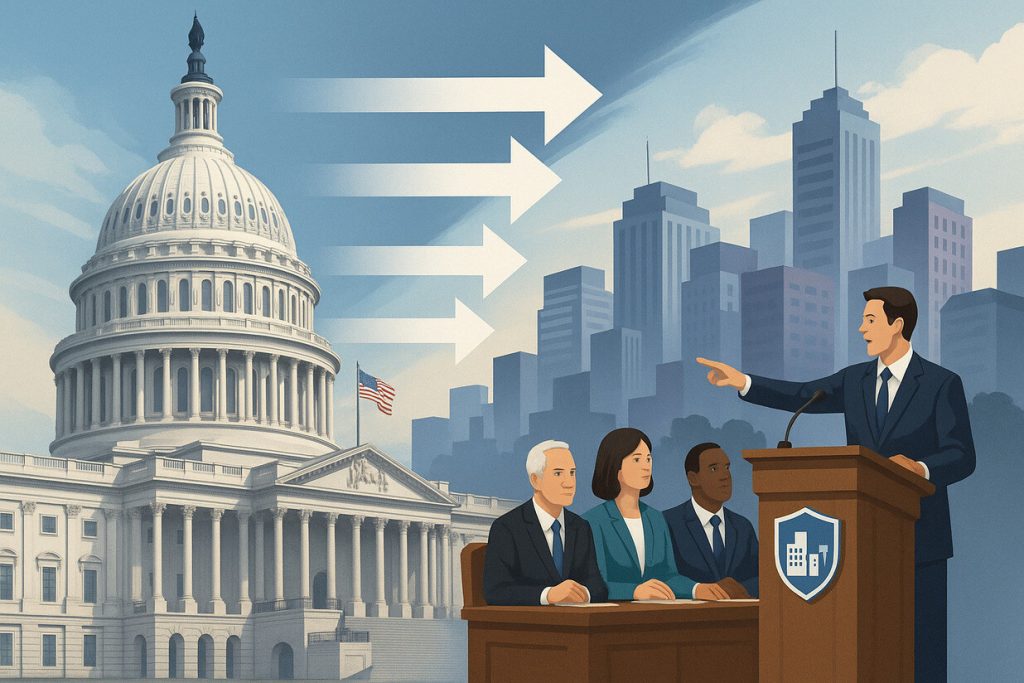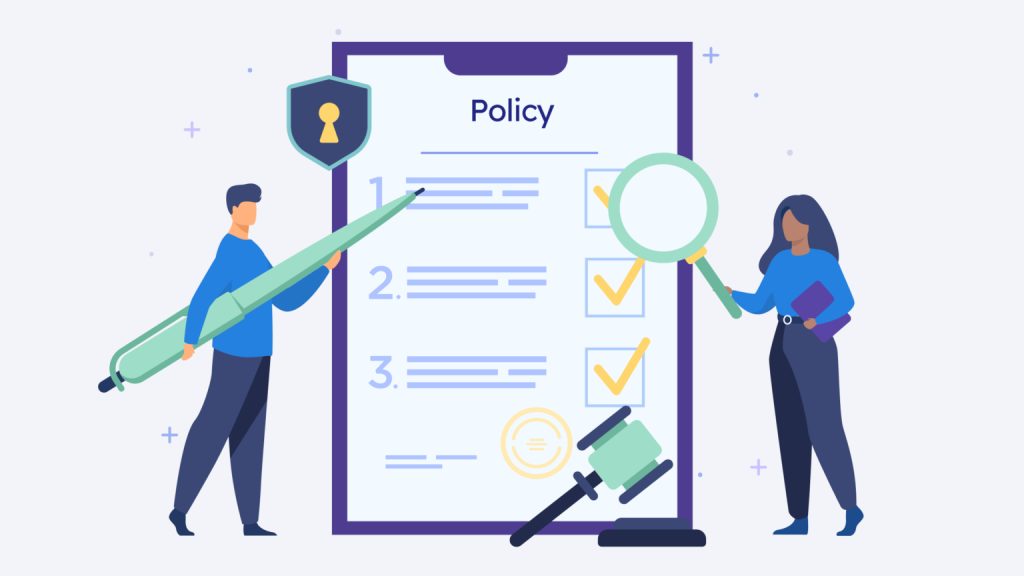Category: Policy & Governance
Explore the policies, laws, and governance structures shaping societies. Learn how U.S. regulations, political systems, and institutional frameworks impact decision-making and public administration.

Ports, Permits, and Politics: The Governance Chain That Keeps Seafood Legal and Trusted
At a working dock, “fresh” starts long before the first tote hits ice. It starts in the quiet paperwork moments that most diners never see: permits checked, landing reports filed, lots assigned, and if the product is imported traceability data…

Understanding the National Debt
Why Understanding the National Debt Matters Every year, Americans hear about the rising national debt of the United States. For some, it feels like a distant issue—something only discussed in the news or Congress. But in reality, it impacts everyday…

The Future of US Voting Rights
Why Discussing the Future of Voting Rights in America Matters The right to vote is the foundation of democracy in the United States. For many citizens, it is the primary means of having a voice in government. In recent years,…

Financial Tools for Understanding Government Budget Proposals
The Importance of Understanding Government Budget Proposals Government budget proposals shape economic policies, influence public services, and determine the allocation of resources across various sectors. These budgets outline expected revenues and planned expenditures, affecting everything from healthcare and education to…

How Fiscal Audits Enhance Government Performance
Building Trust Through Transparency People expect their governments to manage public funds responsibly. When money is collected through taxes, fees, or aid, there’s a shared belief it should be used well. Fiscal audits play a central role in keeping that…

How Intergovernmental Collaboration Shapes Decisions
The Foundation of Cooperative Governance Intergovernmental collaboration creates a bridge between different layers of government, helping to coordinate efforts for a more unified approach. When cities, states, and federal agencies work together, decision-making becomes more inclusive and informed. This collaboration…

How Federal Actions Influence Local Policy Making
The Relationship Between National and Local Governments Federal decisions often reach far beyond Washington, touching communities across the country. Policies created at the national level set the tone for what happens locally, whether through funding, regulations, or mandates. Although local…

How Civic Surveys Influence Policy Priorities
Understanding the Role of Public Feedback in Shaping Governance Civic surveys are more than just questionnaires— they’re powerful tools that give everyday people a say in how their communities are run. Whether it’s about fixing potholes, funding public parks, or…

How Eastern Standard Time Affects US Government Operations
The Role of Time in Government Operations Time plays a fundamental role in government operations, ensuring that policies, administrative tasks, and legislative processes function smoothly. In the United States, coordinating across different time zones presents a challenge for national governance,…

How Government Data Guides Policy Decisions
The Role of Data in Policy Formation Before launching any new rule or public program, it is essential to understand the actual needs of the people. This is where government data plays a crucial role. Through numbers and records, authorities…